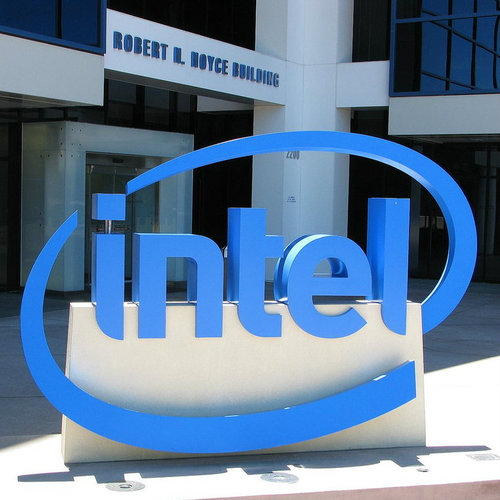US tech giant ploughs $132M into 11 'disruptive' tech startups, two of which are Chinese semiconductor companies.

Intel Capital, the investment arm of the US chip giant, has announced new investments – totaling $132 million – spread across 11 tech startups.
The venture capital division splits its new "global portfolio of companies" (but most of them are based in the US) into three categories.
Under the "connected future" banner there are six startups: Astera Labs, Axonne, MemVerge, ProPlus Electronics, Spectrum Materials and Xsight Labs.
The "accelerating business with data" category accounts for three: Anodot, Hypersonix and Lilt. The remaining two startups, KFBIO and Retrace, move in the AI-enabled healthcare space.
By SoftBank's standards, $132 million is a modest outlay. Its "Vision Fund" shoveled more than ten times that amount into a single company, WeWork, but that went horribly wrong.
Intel's shareholders will no doubt welcome a more measured approach, making smaller bets spread across different parts of the tech ecosystem.
Wendell Brooks, Intel Capital's president, thought each startup was "pushing the boundaries" in various areas such as such as AI, data analytics, autonomous systems and semiconductor innovation.
Chinese connections
Apparently not fazed by growing tensions between the US and Chinese governments, Intel pumped money into two Chinese semiconductor startups: ProPlus Electronics and Spectrum Materials.
The Chinese link comes at an awkward geopolitical time. According to a Wall Street Journal report, the Trump administration wants Intel to build a new chip plant in the US and reduce reliance on Asian factories for critical technology.
Bob Swan, Intel CEO, reportedly wrote a letter to the US Department of Defense expressing readiness to build a chip fab in the country.
— Ken Wieland, contributing editor, special to Light Reading
About the Author(s)
You May Also Like











